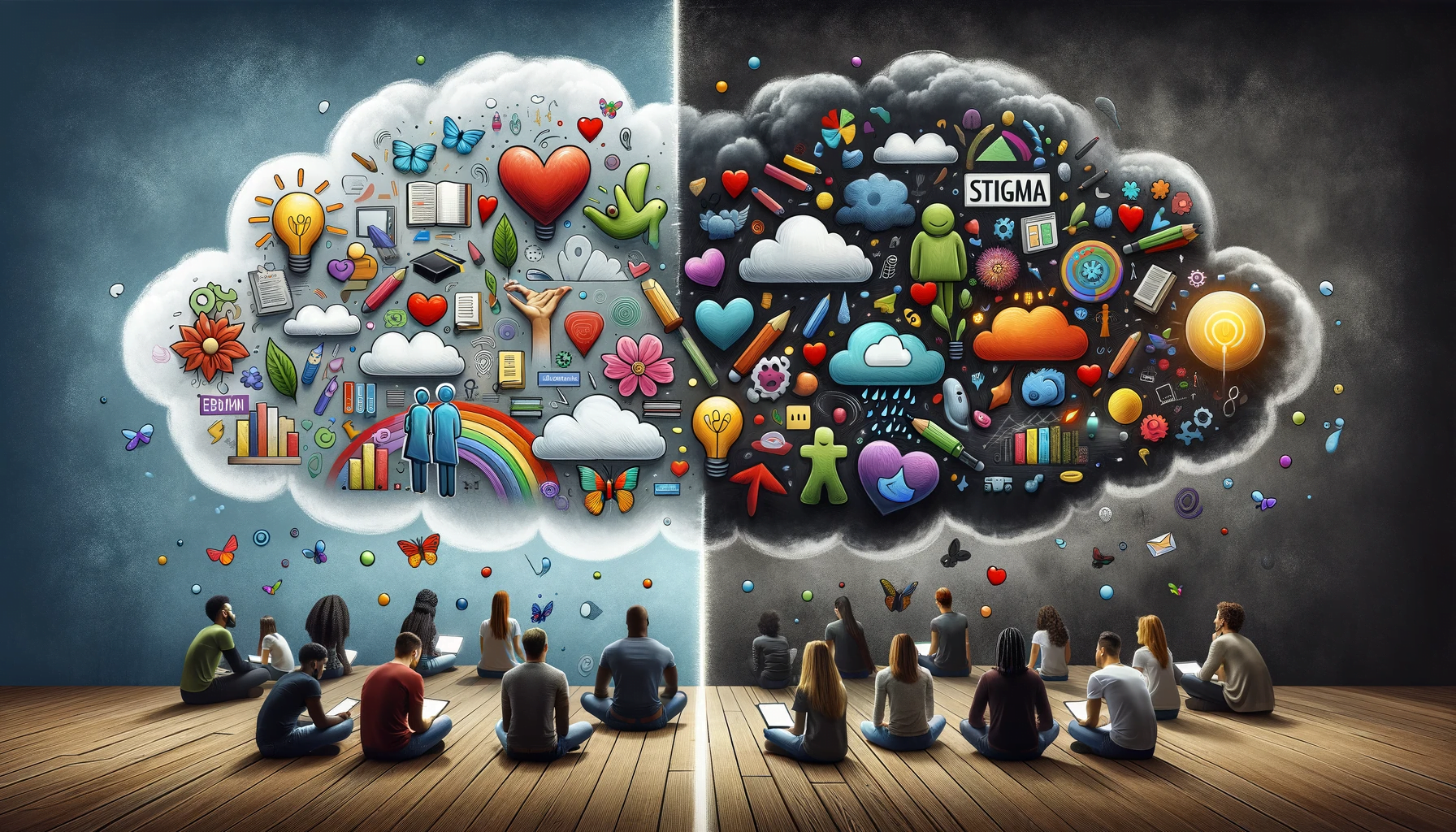Introduction: eMINDy represents a movement in mental health care that’s not just about healing but also about changing perceptions. Easy Mind Therapy is at the forefront of breaking the stigma surrounding mental health by making therapy accessible, understandable, and relatable. This article discusses how eMINDy contributes to destigmatizing mental health issues and encourages a more open, supportive dialogue.
What is eMINDy? eMINDy, or Easy Mind Therapy, is an approach designed to simplify mental health care. It’s about providing tools and techniques that anyone can use to improve their mental well-being, thereby making the concept of therapy more approachable and less intimidating.
eMINDy’s Role in Breaking Stigma:
- Demystifying Therapy: eMINDy makes the principles and practices of therapy more understandable, helping dispel myths and misconceptions.
- Encouraging Openness: By simplifying mental health care, eMINDy encourages individuals to be more open about their mental health struggles and seek help.
- Promoting Universal Accessibility: eMINDy advocates that mental wellness is not just for a select few but is relevant and accessible to all.
Core Strategies of eMINDy to Break Stigma:
- Education and Awareness: Providing clear, accurate information about mental health to educate and enlighten the community.
- Personal Empowerment: Empowering individuals to take charge of their mental health, which in turn fosters a positive view of mental wellness.
- Community Engagement: Creating a supportive community that understands and values mental health care.
Benefits of eMINDy in Destigmatizing Mental Health:
- Increased Help-Seeking: More people are encouraged to seek help without fear of judgment.
- Greater Empathy and Understanding: Fosters a more empathetic understanding of mental health issues among the wider population.
- Enhanced Mental Health Literacy: Raises awareness and knowledge about mental health, leading to better support systems.
Engaging with eMINDy to Break the Stigma:
- Participate Actively: Engage with eMINDy resources and community discussions to better understand and advocate for mental health.
- Share Your Story: If comfortable, share your journey with mental health to inspire and encourage others.
- Support Others: Offer support and understanding to those struggling with mental health issues.
Conclusion: eMINDy is more than a therapeutic approach; it’s a catalyst for change in how society views mental health. By making mental health care accessible and relatable, eMINDy plays a crucial role in breaking down the stigma, encouraging a culture of openness, support, and understanding. Embrace the principles of Easy Mind Therapy and be part of the movement towards a stigma-free perception of mental wellness.

